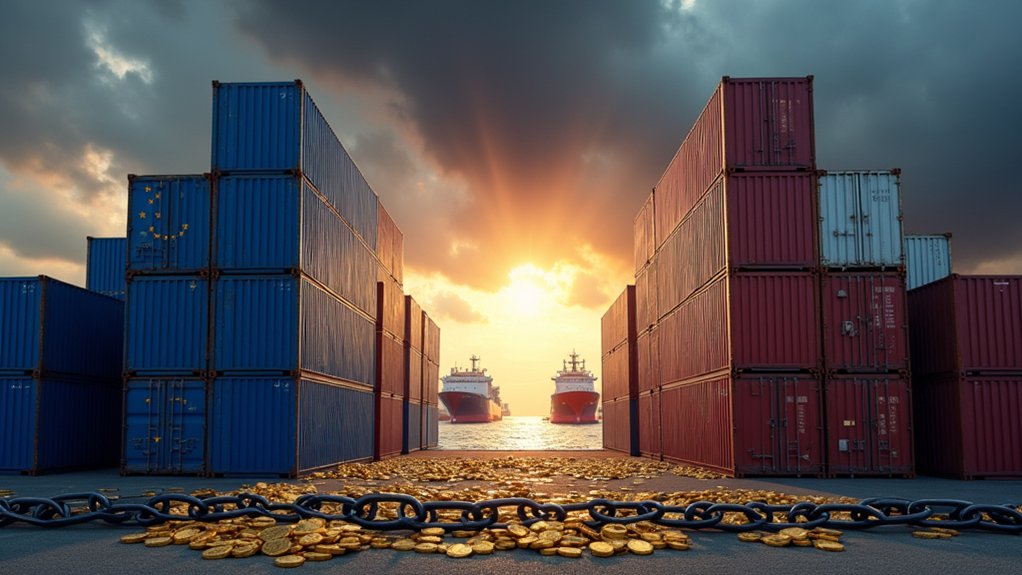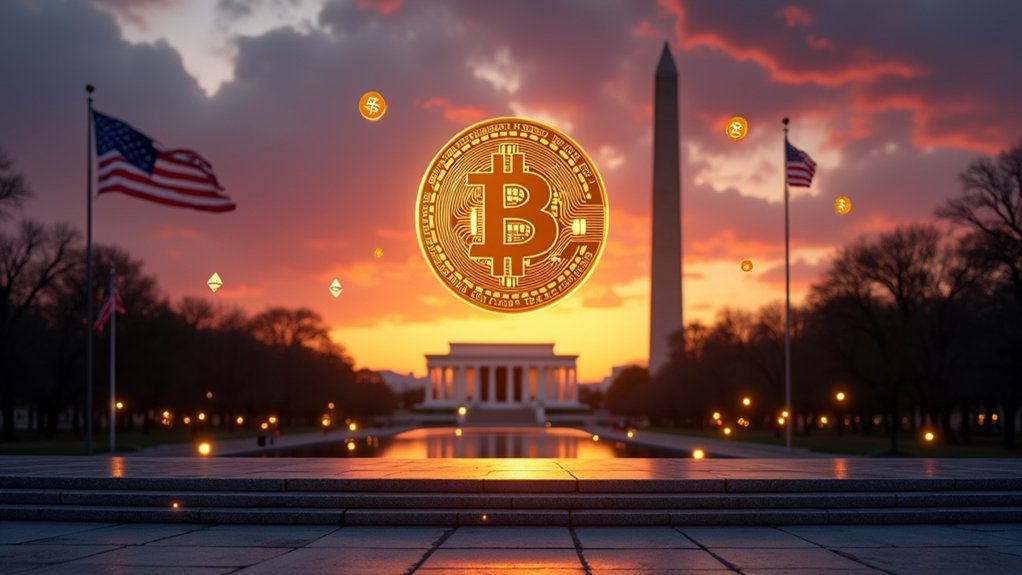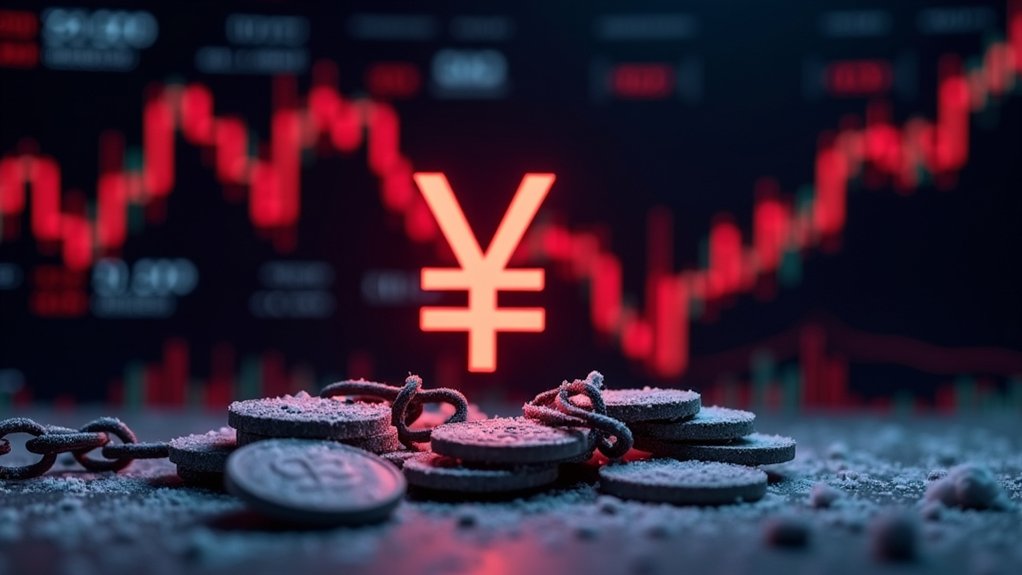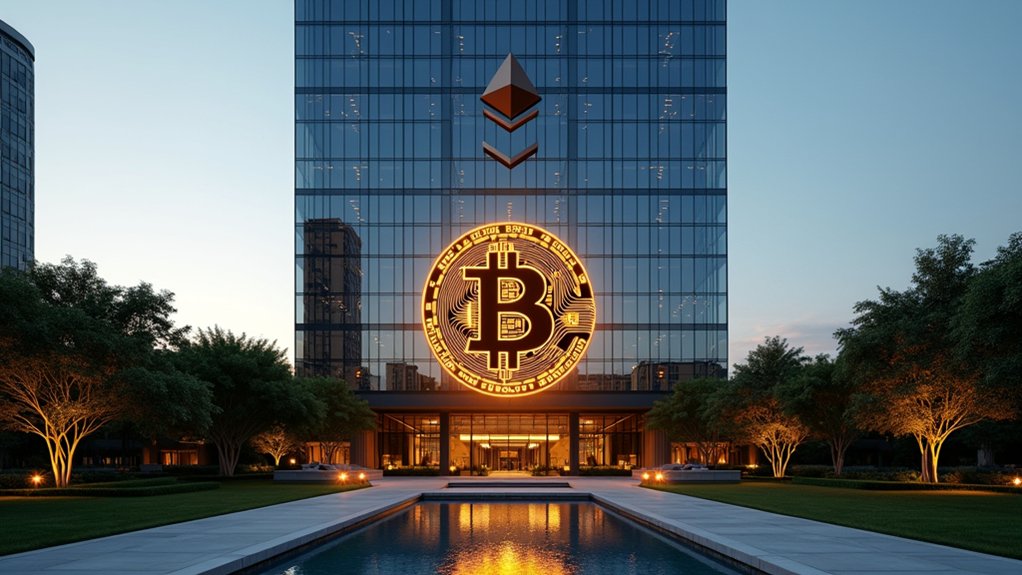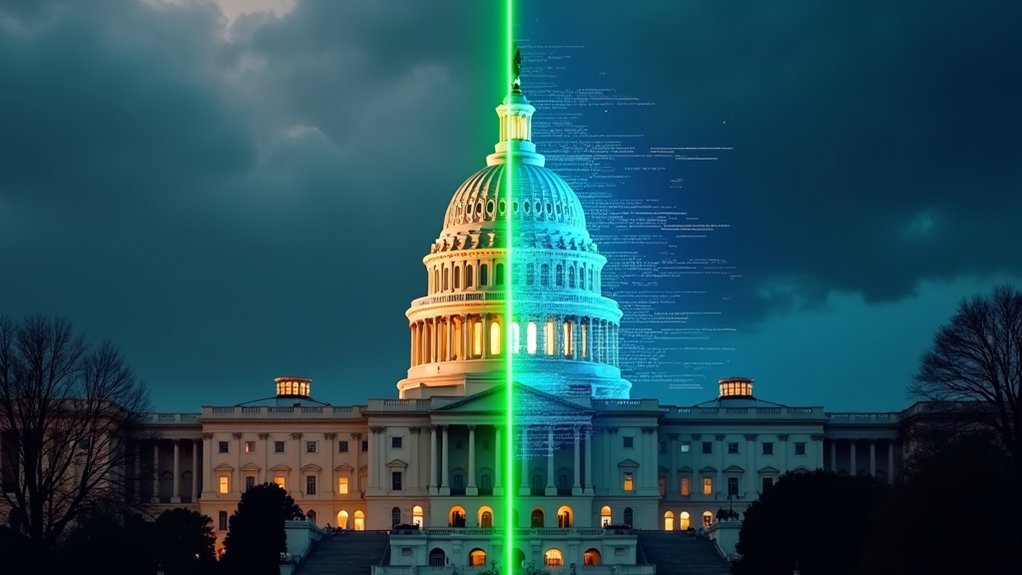Peter Schiff tore into former President Trump’s latest EU tariff threat, calling the postponement to July 2025 nothing more than a “fake win” for American consumers. The renowned economist didn’t mince words when dissecting Trump’s threat to slap a whopping 50% tariff on European Union imports, labeling it as blatant market manipulation rather than clever negotiating.
In Schiff’s view, Trump’s directive to companies like Walmart to simply “eat the tariffs” instead of raising prices shows a fundamental misunderstanding of basic economics. It’s about as logical as asking businesses to absorb their rent or employee wages – in other words, not logical at all.
The EU isn’t taking these threats lying down. They’ve made it clear they’re ready to hit back with their own tariffs on U.S. goods if Trump follows through. This tit-for-tat approach could spiral into a broader trade conflict, disrupting global supply chains and leaving American consumers holding the bag. These retaliatory measures exemplify the growing tension between the economic powerhouses.
What’s particularly striking is Trump’s proposal to impose higher tariffs on EU goods than those currently slapped on Chinese imports. It’s a move that has left many scratching their heads, considering the EU’s status as a longstanding U.S. ally. The decision came after von der Leyen’s request for an extension of the deadline.
The deadline extension, requested by European Commission President Ursula von der Leyen and granted until July 9, 2025, doesn’t fool Schiff. He suggests Trump will likely use this time to “come up with another fake win” – a pattern that’s become all too familiar during his presidency.
The core of Schiff’s criticism is simple: tariffs inevitably lead to higher consumer prices. It’s not a side effect; it’s the whole point. When prices go up, consumers buy less, which reduces trade deficits. But at what cost? The strategy risks long-term economic stability and strains international relationships, all while American consumers foot the bill.
This latest episode highlights the ongoing tension between protectionist policies and free trade advocacy, with American consumers caught in the crossfire of political theatrics.
